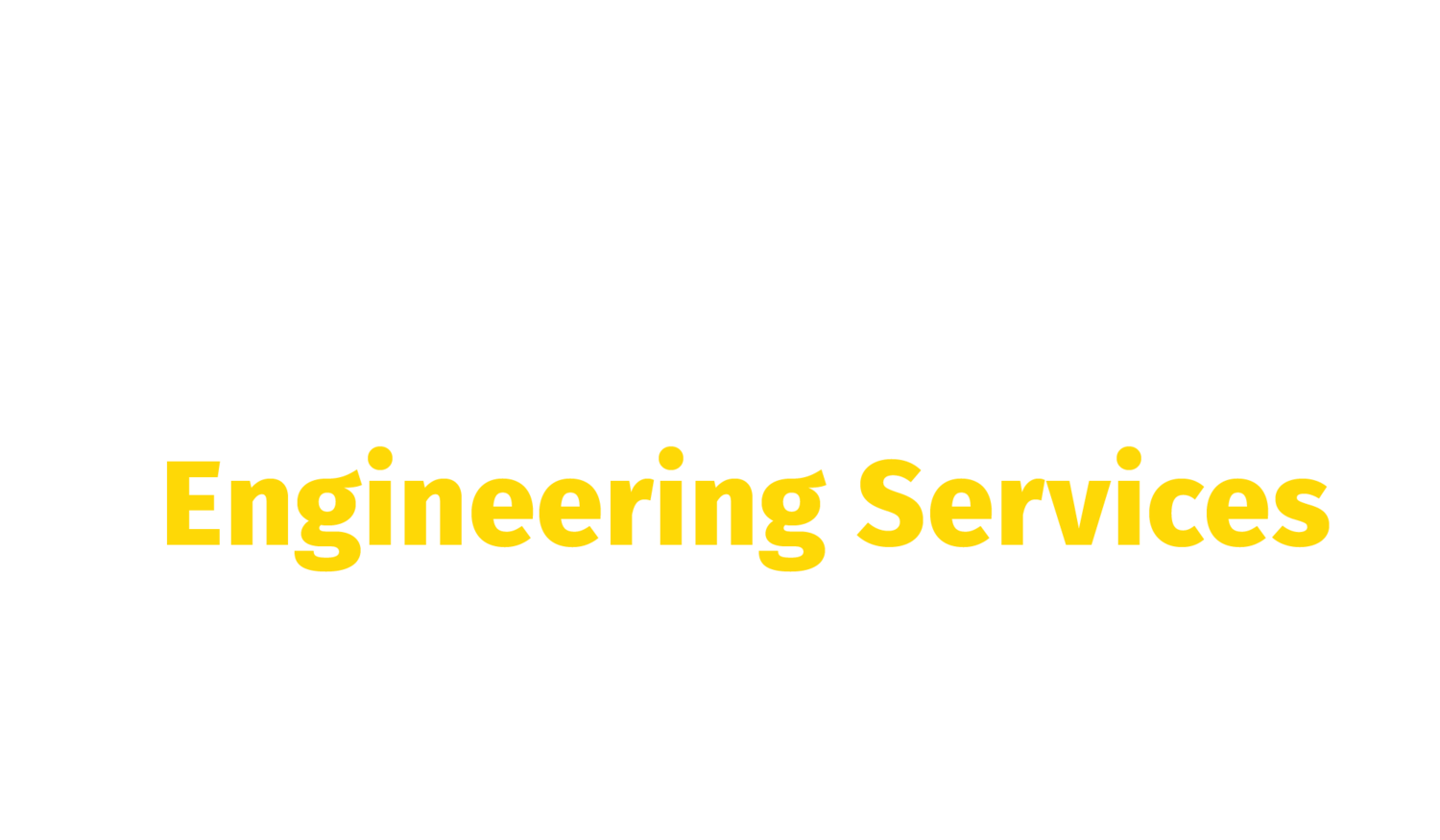The July 9 Easy Reader profiled Danny Olivas, noting his accomplishments while at NASA as well as detailing his achievements since retiring from the space program. In addition to recounting Olivas' adventures during the STS-117 flight and spacewalk to repair the shuttle, the article acquaints its readers with accounts of how he is using Lessons Learned in Space™ to benefit terrestrial companies worldwide.
"That year [2013], he also founded OMS117, which helps businesses 'think like an astronaut.' The letters stand for 'Olivas Mission Success.' The number is the number of his first space mission."
“What we’re trying to do is take lessons learned in space and introduce them to terrestrial industries,” Olivas told the Easy Reader. “At a lot of big companies, drift occurs. They’re so big, no one’s really sure who has the ball at any given time.”
Anderson described Olivas' work for companies sued after accidents or disasters and his Mission Assurance models that helps them prevent similar future occurrences. One example she noted is Office Depot, which hired him after the Consumer Product Safety Commission began investigating the company for not timely reporting complaints about a few of its products. In May, the company reached a settlement agreement with the government that included establishing a safety program. The settlement amount was significantly reduced as a result of the work Olivas performed for the company.
To read the entire article, follow this link: http://www.easyreadernews.com/101477/lessons-learned-in-space/
